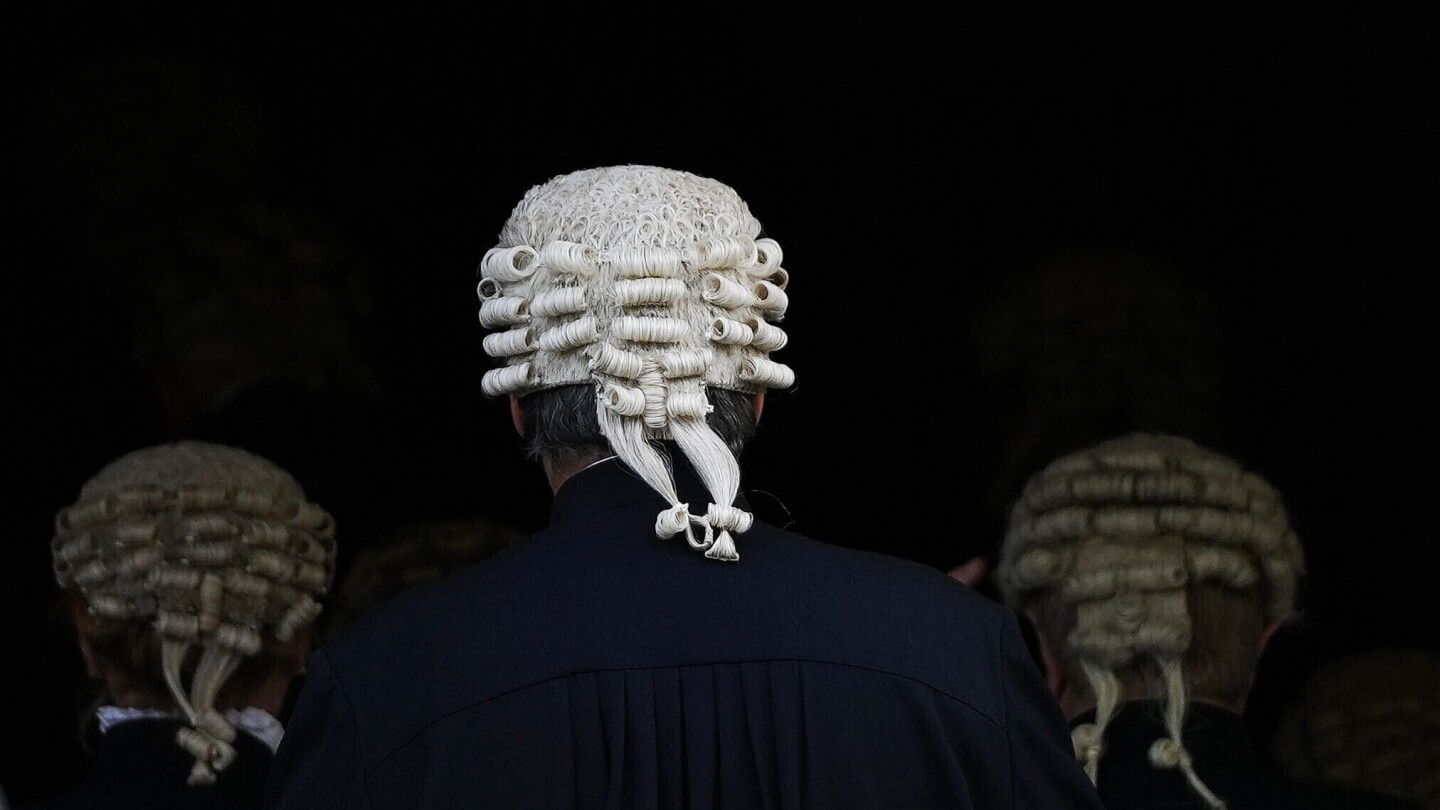The legal system in England, with a rich history spanning a millennium and deeply rooted in customs such as the donning of wigs and robes, has recently embraced artificial intelligence to support judges in their decision-making processes.
Artificial intelligence has been introduced to aid judges in opinion writing, as highlighted by the Courts and Tribunals Judiciary. However, caution is advised against utilizing AI for research or legal analysis due to the inherent risks of producing erroneous, misleading, or biased outcomes.
Geoffrey Vos, the Master of the Rolls, stressed the significance of upholding accountability and fostering trust in the judicial system while exploring the prudent deployment of AI technologies.
While debates persist regarding the role of artificial intelligence in the legal domain, the recent directives from the English courts signify a notable advancement towards the integration of AI within the judicial framework.
Esteemed legal professionals, including the renowned author Ryan Abbott, have commended the courts for delving into the implications of AI within the legal sphere and offering guidance that resonates globally among judges.
The guidance recognizes the constraints of AI systems and underscores the critical aspects of transparency and risk management when incorporating such technologies into the court environment.
Despite the potential advantages of leveraging AI to assist judges in handling voluminous caseloads and intricate legal matters, the guidance underscores the necessity of exercising prudence to uphold the sanctity of the judicial procedures when employing AI tools.
In essence, the guidance document lays a solid groundwork for the integration of AI into the legal framework while underscoring the imperative need for continuous monitoring and adherence to stringent accountability measures to prevent any potential misuse or misinterpretation of AI-generated data.






